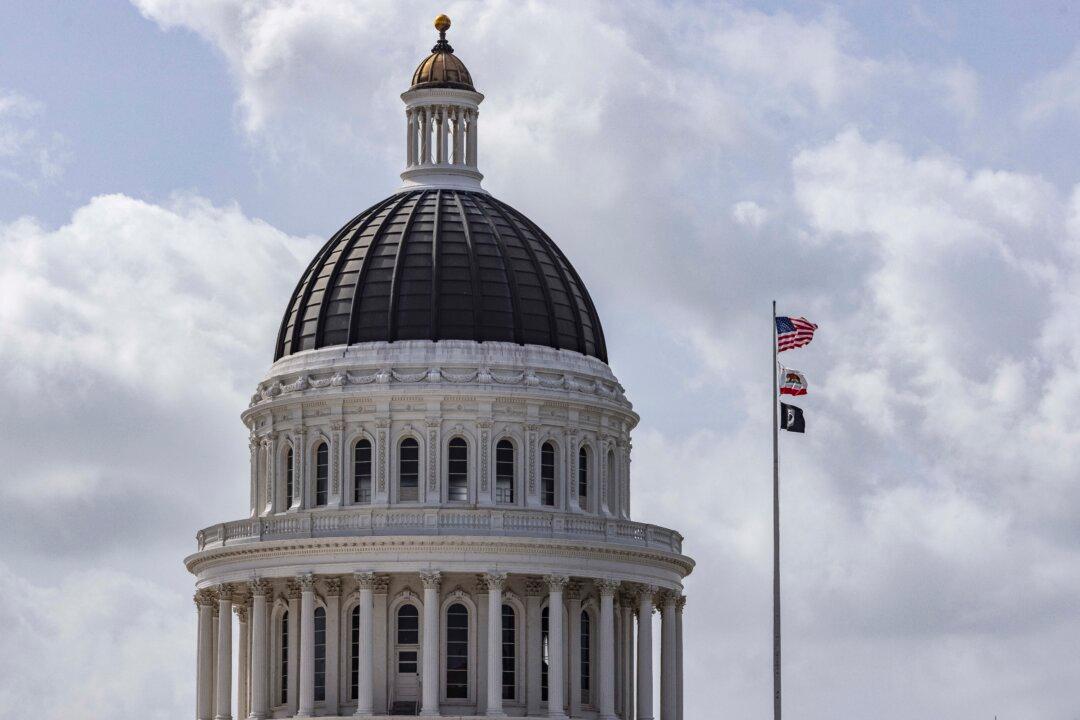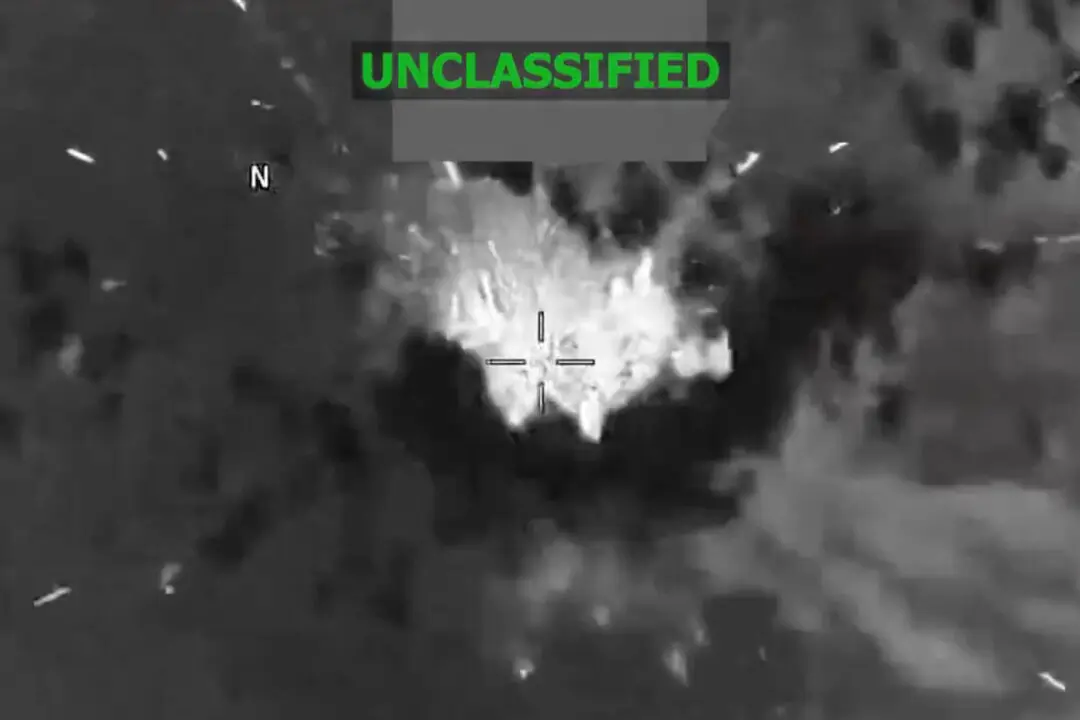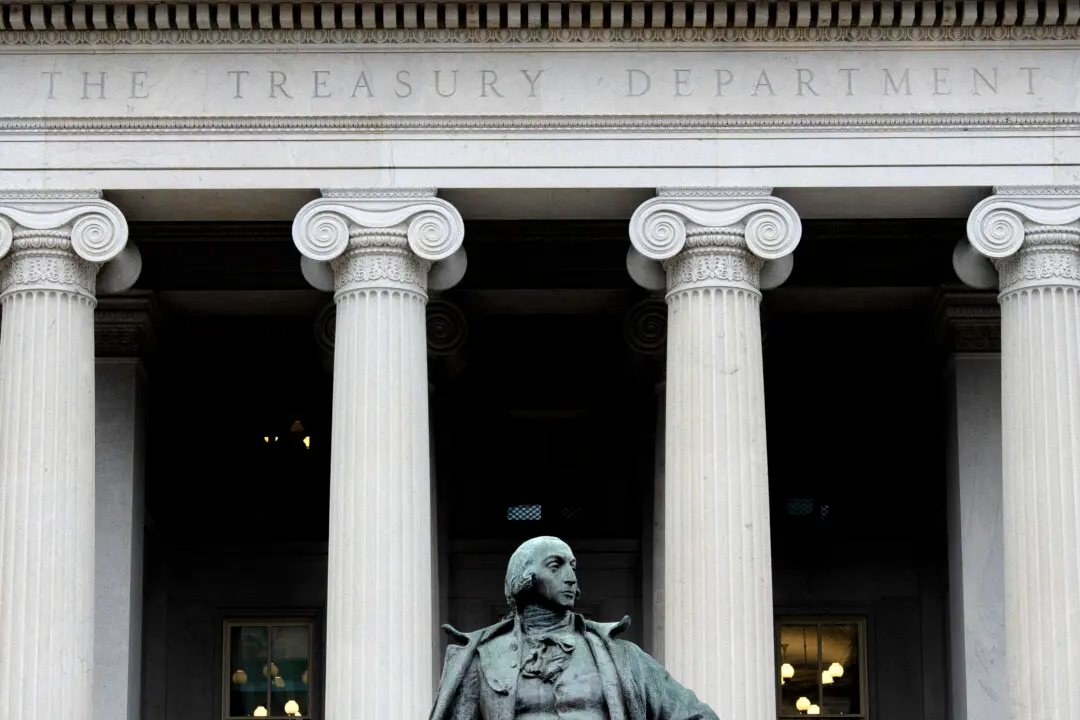A Republican-backed bill to prohibit California lawmakers from signing non-disclosure agreements, also known as NDAs, in the course of creating new laws or deciding how to spend taxpayer dollars has passed a key hurdle in the state Capitol.
The bill was re-referred to the Assembly’s Appropriations Committee on April 22 with recommendation to be placed on the Consent Calendar.





